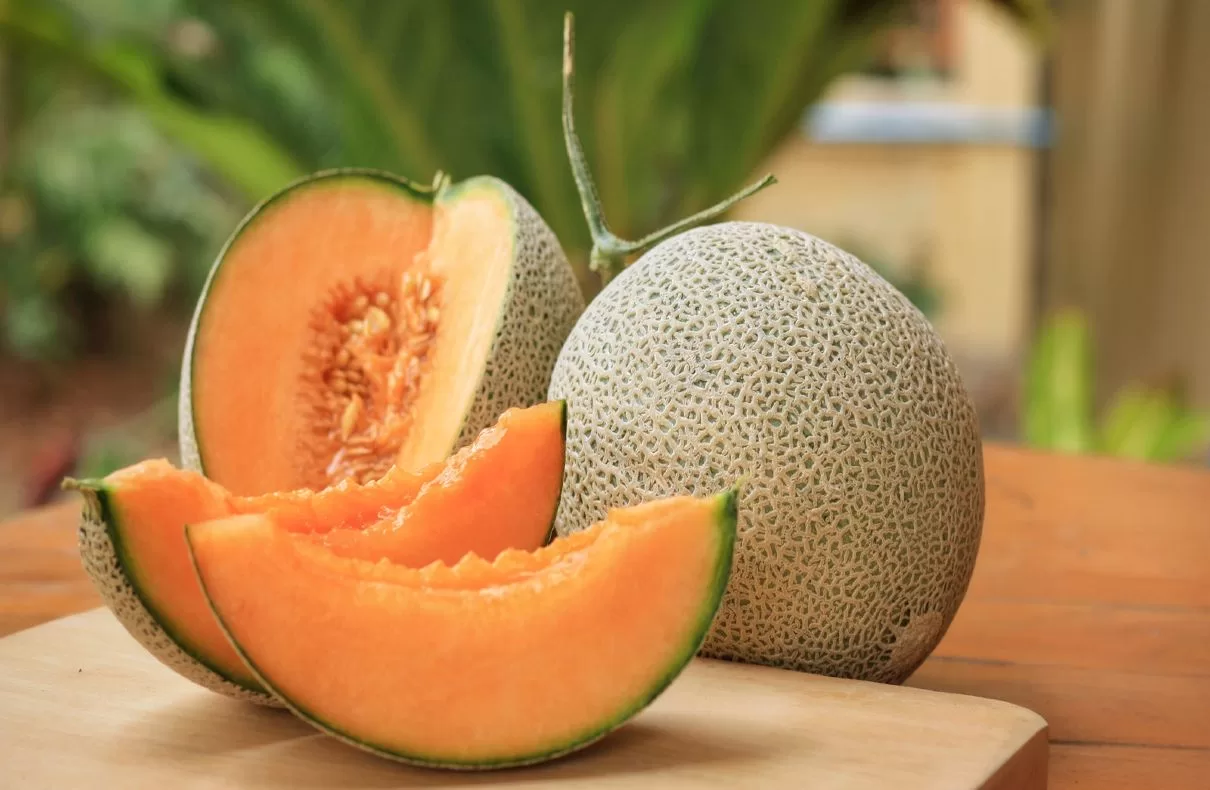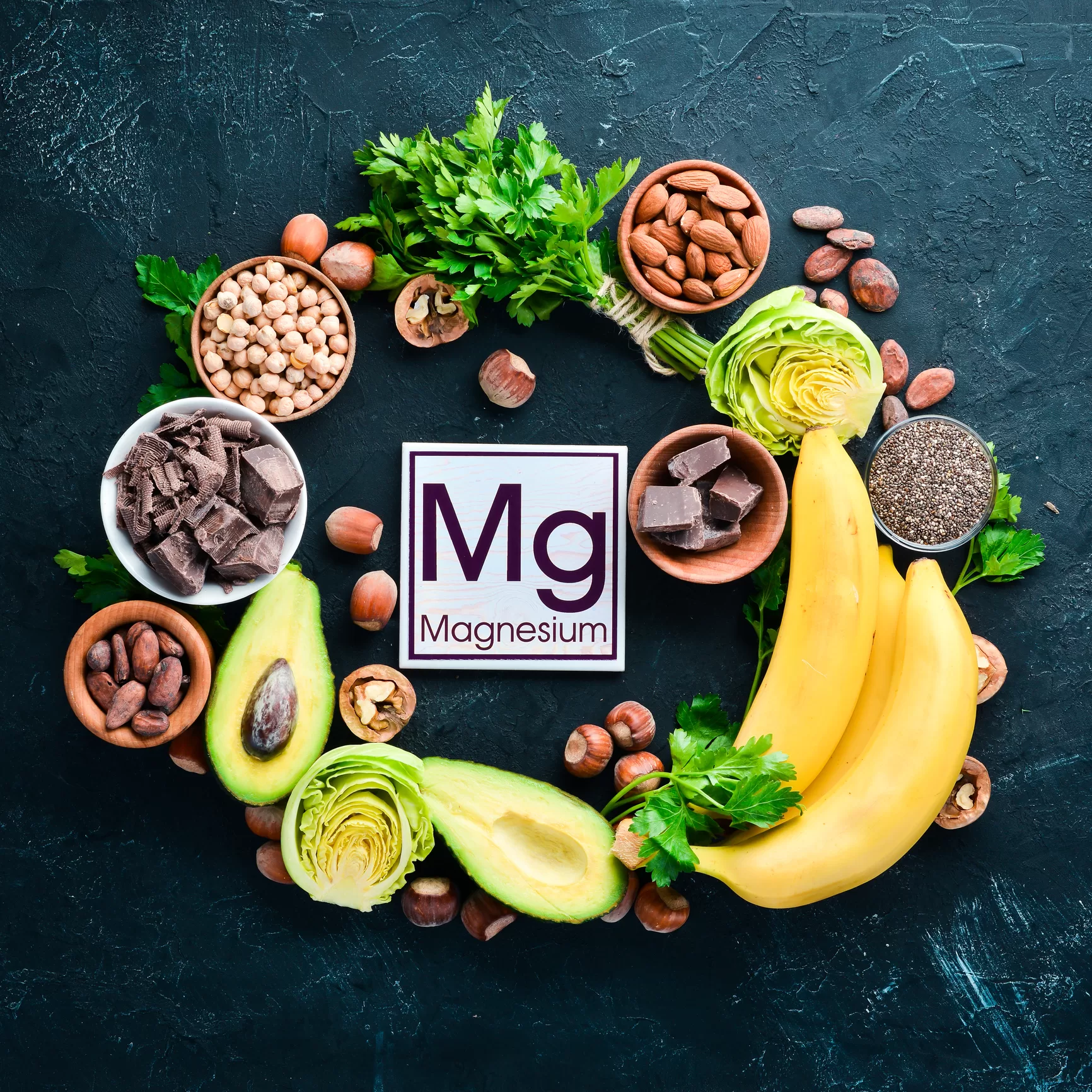I recently read that UV lamps used for gel manicures—and sometimes powder ones—might increase my chances of getting cancer. It’s true? What alternatives are there?
Gel manicures are popular because they last a long time and are not easily damaged. But lately they have become suspect after the publication of a new study that revealed that the ultraviolet lamps used in these treatments affect cells in ways that could potentially increase the risk of cancer.
The findings of this research add to a small but growing body of research suggesting that regular use of UV nail lamps may accelerate aging and increase the risk of cancer. Health experts agree that UV light causes damage to skin cells, but there isn’t enough information yet to determine how dangerous the occasional manicure would be, said Chris Adigun, a dermatologist in Chapel Hill, N.C., who was not involved in the study.
“We cannot quantify the risk,” he commented.
However, Adigun and other dermatologists noted that there are precautions that can help make gel manicures safer. Powder manicures, known as dipping, are another option, although they’re also not completely safe.
what is known
UV light lamps are key to gel manicures because the light hardens the polish and makes it more durable. (Some salons use LED lights for gel service, but these fixtures, Adigun said, also emit quite a bit of UV light.)
In the new study, which was published in January in Nature Communications, a peer-reviewed journal, researchers exposed mouse and human cells to radiation from a popular lamp used in many nail salons in the United States.
When the cells were exposed to ultraviolet light from the lamp for 20 minutes, about 30 percent of the cells died. Some cells suffered damage to their DNA. The patterns of damage the researchers observed were consistent with those seen in people with melanoma, a type of skin cancer that can be fatal, said Maria Zhivagui, a study co-author and a postdoctoral fellow in oncology genomics and public health at the University of California at San Diego.
According to Zhivagui, although cell damage is worrisome, the study does not prove that UV lamps can cause cancer. Cells in a laboratory are more vulnerable to damage than cells in a person’s hand, which has a thick outer layer of skin made up of dead cells that helps protect against environmental damage, Adigun explained.
The powdered alternative
An alternative is a dipping powder manicure, which is also long-wearing and involves dipping your nails into acrylic powder after applying an adhesive. A dip manicure usually doesn’t require the use of UV lamps, but some stylists may add an extra layer of gel at the end to make it last longer. In that case, a UV lamp would be used, said Lyndsay Shipp, a dermatologist based in Oxford, Mississippi.
There’s a concern with these types of manicures, though: Stylists often use the same bottle of acrylic powder for multiple clients, raising the chance that the powder will harbor pathogens that cause nail infections, Adigun said.
However, Adigun, who has specialized in nail treatments for more than 16 years, said he has never heard of anyone getting an infection from this type of dipping powder manicure. And the acetone typically used to remove polish at the start of service acts as a disinfectant, Shipp explained.


